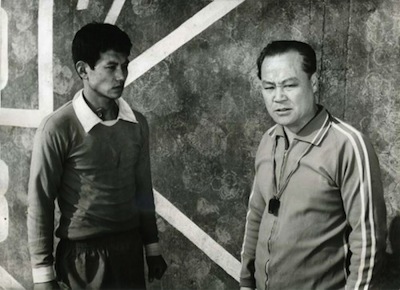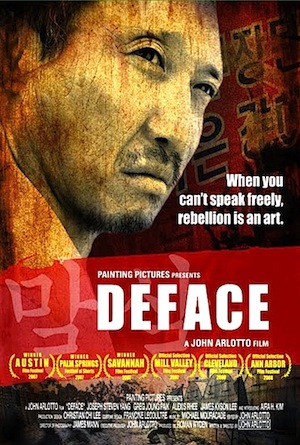
By Joe Bendel. The tragic events still unfolding in Japan even had repercussions at a screening of a Farsi-language feature at a Canadian film festival here in New York City. The producer Amir Naderi, who emigrated from Iran after several of his films were banned by the Islamist government, was in Japan working on his next project when the earthquake and tsunami hit. Clearly he was on the mind of his former editor Naghmeh Shirkhan this past weekend, despite the justly enthusiast reception for her directorial debut, The Neighbor (see the trailer below), at MoMA’s 2011 Canadian Front.
Though of somewhat middle-aged years, Shirin is still a strikingly beautiful woman. She is not particularly interested in men though, particularly the one she has been reluctantly seeing. In truth, there are not a lot of eligible men in Vancouver’s Iranian community. There are not a lot of men, period, and there is a very real phenomenon causing this demographic state. Frequently Iranian men working abroad who are called back on business or personal matters have trouble returning—or so they say. Such is the case for Leila, the attractive young woman who just moved in across the hall from Shirin with her little girl Parisa.
At first, Leila wants nothing to do with the older woman. In time though, she starts exploiting Shirin as an emergency babysitter, much to her concern. It is not that Shirin does not enjoy spending time with Parisa—quite the contrary—but Leila’s erratic parenting is obviously not healthy for her little girl. Continue reading LFM Review: The Neighbor



